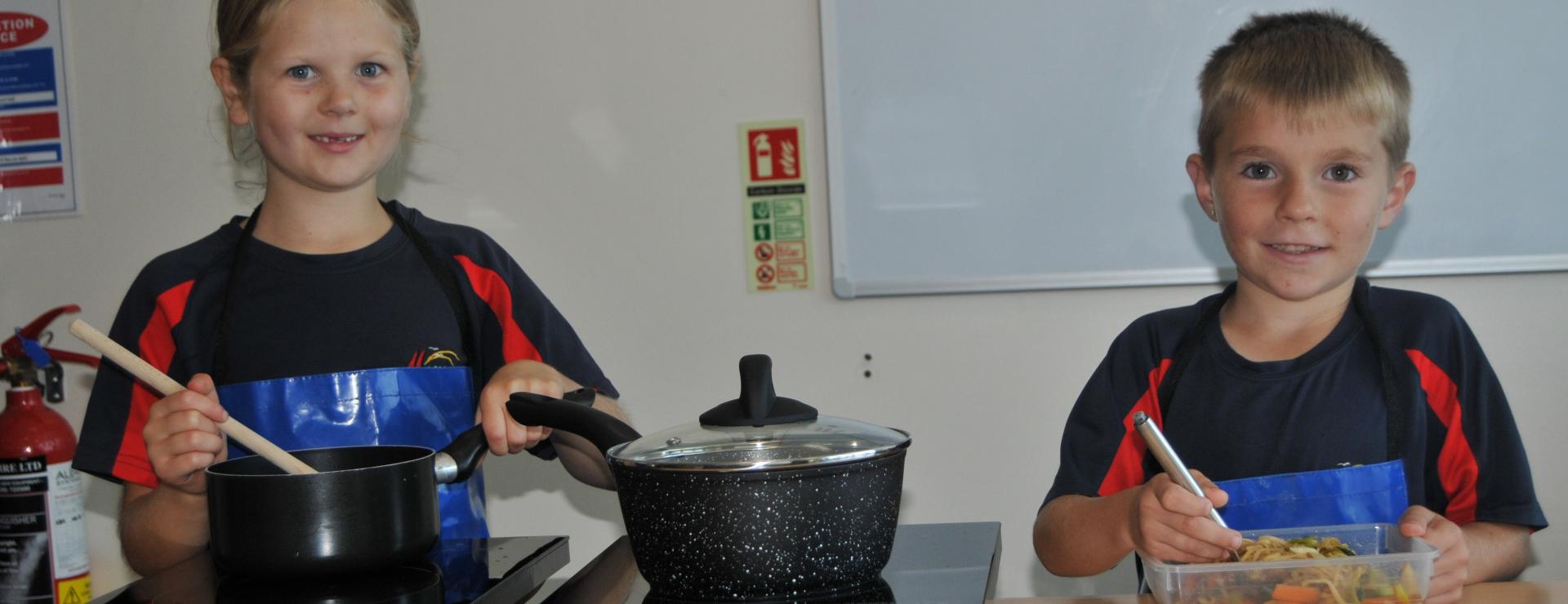Design & Technology
‘Good buildings come from good people, and all problems are solved by good design.’
Stephen Gardiner
.JPG)

.JPG)
At Mossgate, we want to create the next generation of designers who will contribute to the creativity, culture, wealth and well-being of the nation. We believe that D&T should be an inspiring, rigorous and practical subject in which our designers use creativity and imagination to design and make products that solve real and relevant problems within a variety of contexts, considering their own and others’ needs, wants and values as the user. Our designers will learn how to take risks and become resourceful, innovative, enterprising and capable citizens.
Teaching is based on the six essentials of good practice in D&T, to ensure children’s learning is genuinely design and technological in nature.
- User – designers at Mossgate have a clear idea of who they are designing and making products for, considering their needs, wants, interests or preferences. Across our D&T curriculum, users are sometimes themselves, an imaginary character, another person, client, consumer or a specific target audience.
- Purpose – teachers ensure children know what the products they design and make are for. Each product will perform a clearly defined task which links to the children’s ongoing evaluation (iterative process).
- Functionality – children design and make products that function in some way to be successful. Products often combine aesthetic qualities with functional characteristics – as designers, we teach children that it is insufficient to design and make products which are purely aesthetic.
- Design Decisions – when designing and making, children are provided with opportunities to make informed decisions, such as selecting materials, components and techniques and deciding what form the products will take, how they will work, what task they will perform and who they are for.
- Innovation – good designers need some scope to be original with their thinking. Our projects encourage innovation, leading to a range of design ideas and products being developed, characterised by engaging, open-ended starting points for children's learning.
- Authenticity – our curriculum ensures children design and make products that are believable, real and meaningful to themselves i.e. not replicas or reproductions or models which do not provide opportunities for children to make design decisions with clear users and purposes in mind.
At the heart of our D&T curriculum, is the designing and making process, which ensures children design, make and evaluate products using a broad range of materials and components:
- construction materials
- textiles
- food
- mechanical components
- electrical components (KS2 only)
Each theme is revisited in every primary phase (KS1, LKS2 and UKS2) to ensure age-appropriate progression and sequence of learning.
Health & wellbeing has a high priority at Mossgate with a whole school focus during the autumn term every year. PSHEC (friendships, RSE, Anti-Bullying, Mental Health etc), PE, Science (Animals inclusing humans) and D&T (Cooking and nutrition) are the lead subjects ensuring we promote the importance of a healthy lifestyle to our children and families. In addition, cooking and nutrition is taught in every year group to ensure our children leave Mossgate with a good understanding of nutrition, healthy eating and basic cooking skills.
Building on current good practice, children are taught using three types of activity:
- Investigative and evaluative activities - designers learn from a range of existing products and find out about D&T in the wider world;
- Focused Tasks - designers are taught specific technical knowledge, designing skills and making skills;
- Project - designers create functional products with users and purposes in mind.
So that our designers understand the context for their project, they are provided with an overview of what they will be designing, making and evaluating before they undertake any activities. We believe that investigative & evaluative activities and focused tasks, equip our designers with the knowledge and skills to engage successfully, and with increasing independence, in their project.
Through our engaging D&T lessons, we aim to draw on skills used in mathematics, science, computing and art.
Mrs Z Robinson – D&T Subject Leader
Updated 30.11.22

.JPG)